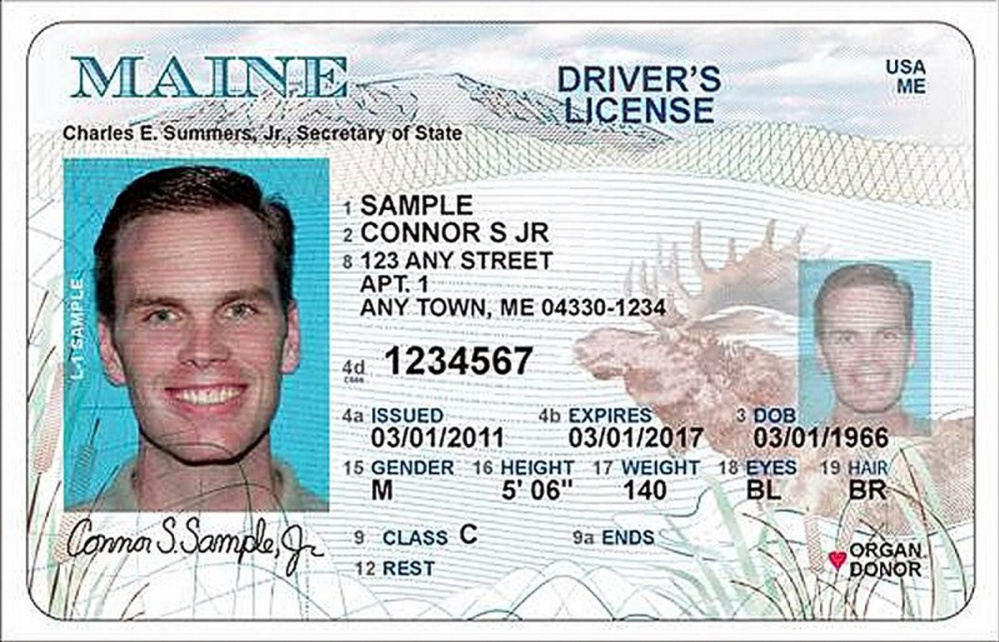Given the dire consequences of operating under the influence, it’s appropriate for Maine to require those convicted of drunken driving to complete an OUI prevention program before they can get their licenses back. But a state paperwork backlog is delaying license reinstatement, essentially imposing an additional penalty.
Streamlining the process is the focus of a proposal by state Sen. Joyce Maker, R-Calais, who’d been contacted by a constituent who had to forfeit a job because he didn’t have a valid license.
Convicted of OUI, the man had paid his fine, served his sentence and finished the mandatory state Driver Education and Evaluation Program. But he’s still waiting for the Maine Department of Health and Human Services, which oversees the program, to send confirmation of his participation to the Secretary of State’s Office.
If Maker’s bill passes, formal DHHS certification would no longer be a requirement for reinstating an offender’s license. Instead, the Secretary of State’s Office could issue a provisional license based on documents showing that the applicant has finished the program.
L.D. 134 would be automatically repealed Dec. 31. And it’s a good temporary fix. Drivers who’ve met the requirements are waiting an average of five additional weeks to get their licenses back, Maker says. So in a rural state like Maine, where public transit is rare, the delay in processing paperwork is keeping people from finding jobs or getting to work.
However, the bill doesn’t address the underlying cause of the problem: a DHHS office staffing shortage caused by illness and injury. “My clinical staff has been decimated. The DEEP receives over 200 client cases per month for review, with one staff member in the office it’s impossible to keep up,” Roberta Mullan of the DHHS’ Office on Substance Abuse and Mental Health Services wrote in a message provided to the Press Herald by an anonymous source.
A longer-term fix is obviously needed. But we don’t support the one proposed by the DHHS and Gov. LePage: They want to transfer responsibility for the Driver Education and Evaluation Program to the Secretary of State’s Office.
While the Secretary of State’s Office is versed in the legal and administrative impact of operating under the influence, the prevention program addresses drunken driving’s health component. Providers are substance abuse counselors, trained to help participants identify and change high-risk behaviors, with the goal of reducing the likelihood that they’ll drink and drive again.
The program should stay where it is, and the state should consider other ways to ease this logjam and allow drivers to resume normal lives.
Send questions/comments to the editors.


